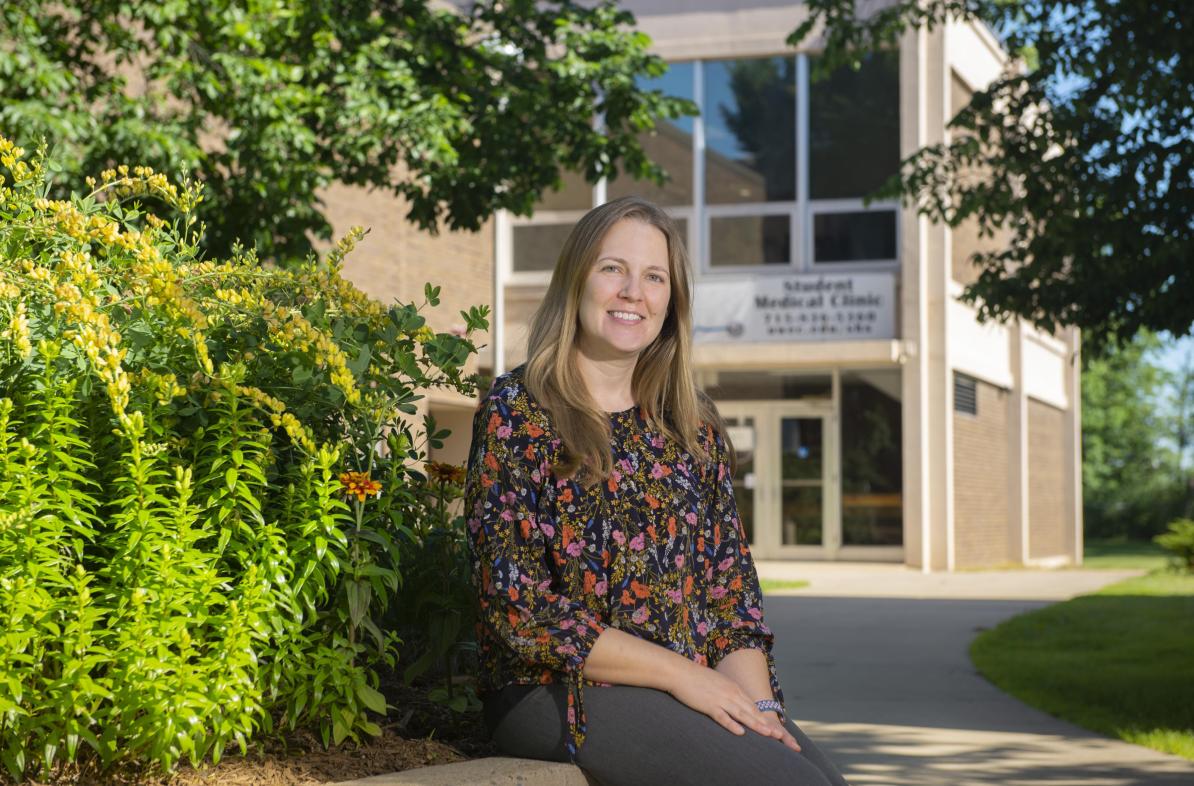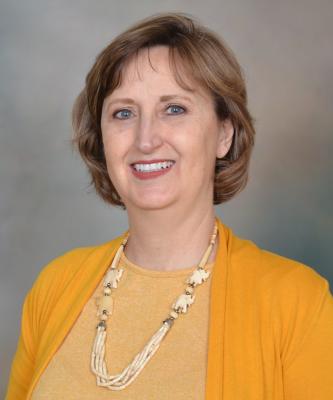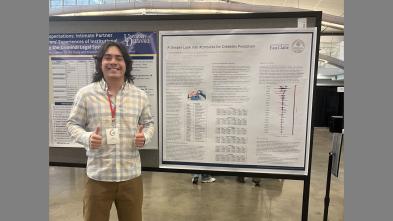Featured Image
For the media

Title
UWEC and Mayo work to improves student safety
Authored on
UWEC and Mayo work to improves student safety
Published on:
Intro text
The University of Wisconsin-Eau Claire’s Student Health Service and Mayo Clinic Health System are working together on a first-of-its-kind study to ensure that penicillin allergy labels in students’ medical records are current and accurate, information that can have lifelong health care implications.
Sections
For the media
For the media
Image download



